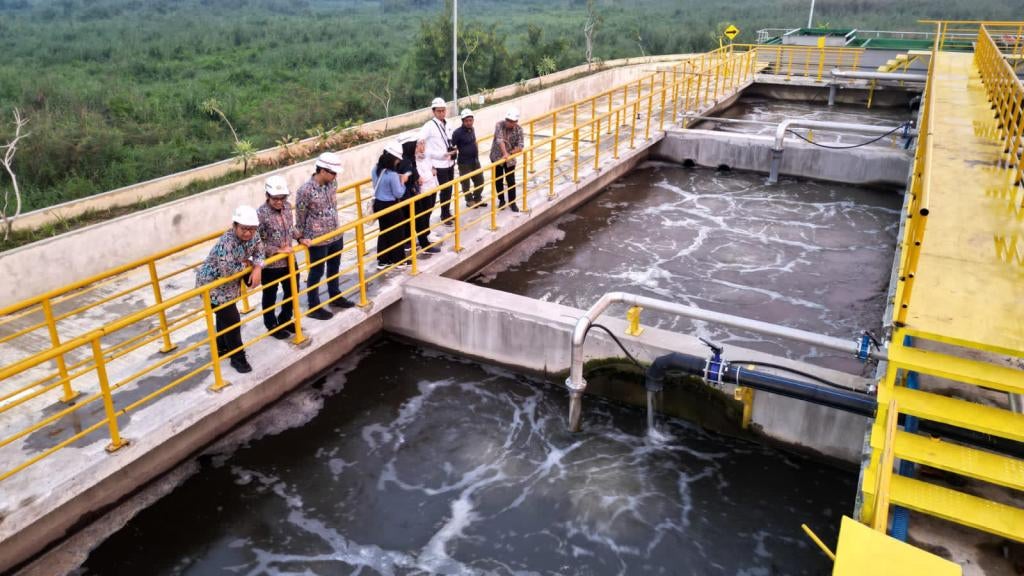
The Asian Development Bank (ADB) has sanctioned a $419.6m loan for the Citywide Inclusive Sanitation Project to aid Indonesia in broadening access to climate-resilient, sufficient, and securely managed sanitation services in the cities of Mataram, Pontianak, and Semarang.
While around 77% of Indonesian households possess access to basic sanitation facilities, such as septic tanks, only 7% of households have access to securely managed sanitation, ensuring the safe disposal of domestic waste to wastewater treatment plants (WWTPs) for subsequent processing. Given that numerous households in the project cities grapple with inadequate sewerage and are vulnerable to flooding, occurrences of groundwater pollution, as well as environmental and health risks, are prevalent.
The project seeks to enhance the sanitation systems for about 2.5 million people in the three cities. It is structured on the citywide inclusive sanitation principle, guaranteeing universal access to properly managed sanitation services by incorporating both sewered and non-sewered systems.
ADB Country Director for Indonesia Jiro Tominaga said: “This project stands as one of the largest inclusive sanitation projects in Indonesia supported by ADB to date, aligning seamlessly with our comprehensive initiatives aimed at addressing climate change.
“ADB is pleased to continue working with Indonesia to expand access to improved sanitation services, which are key to a healthy and productive population.”
The project will enhance and extend existing sanitation systems through the construction of Wastewater Treatment Plants (WWTPs) with a combined daily capacity of 57,000 cubic metres and approximately 200km of sewer networks. Measures to ensure climate and disaster resilience have been integrated into the design, including the construction of elevated structures to protect WWTPs from future flooding, implementation of drainage systems at WWTP sites to manage stormwater volumes, and installation of a breakwater to mitigate the impact of high tides and flooding. Additionally, the project will focus on improving faecal sludge management facilities, reinforcing regulatory frameworks, and enhancing the operational efficiency of sanitation service operators in areas such as governance, digitization, and asset management.
ADB is dedicated to achieving a prosperous, inclusive, resilient, and sustainable Asia and the Pacific, while persisting in its efforts to eliminate extreme poverty. Established in 1966, it is owned by 68 members, with 49 from the region.






